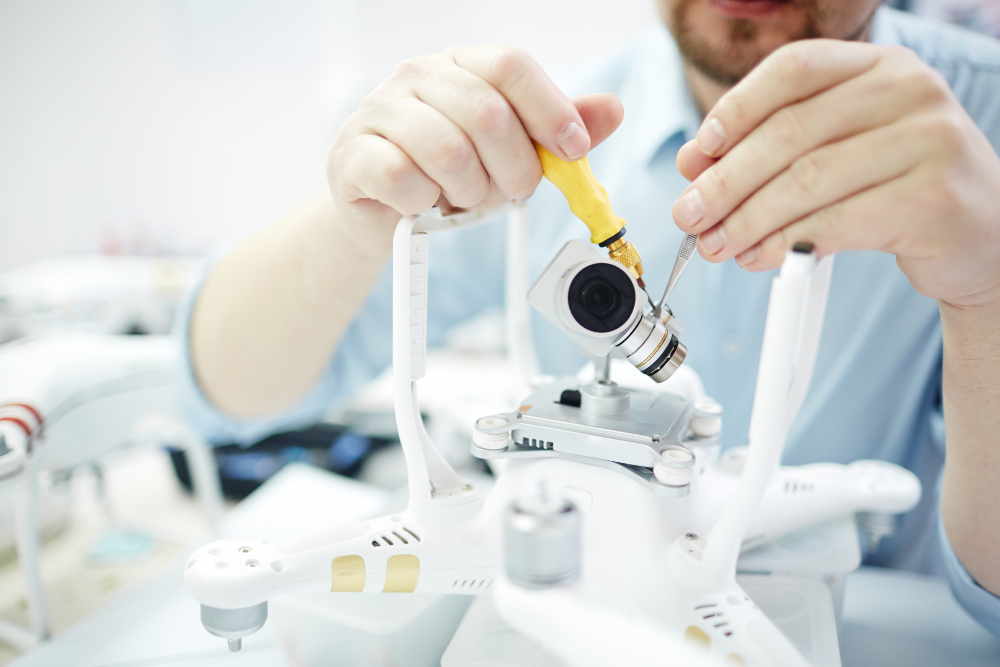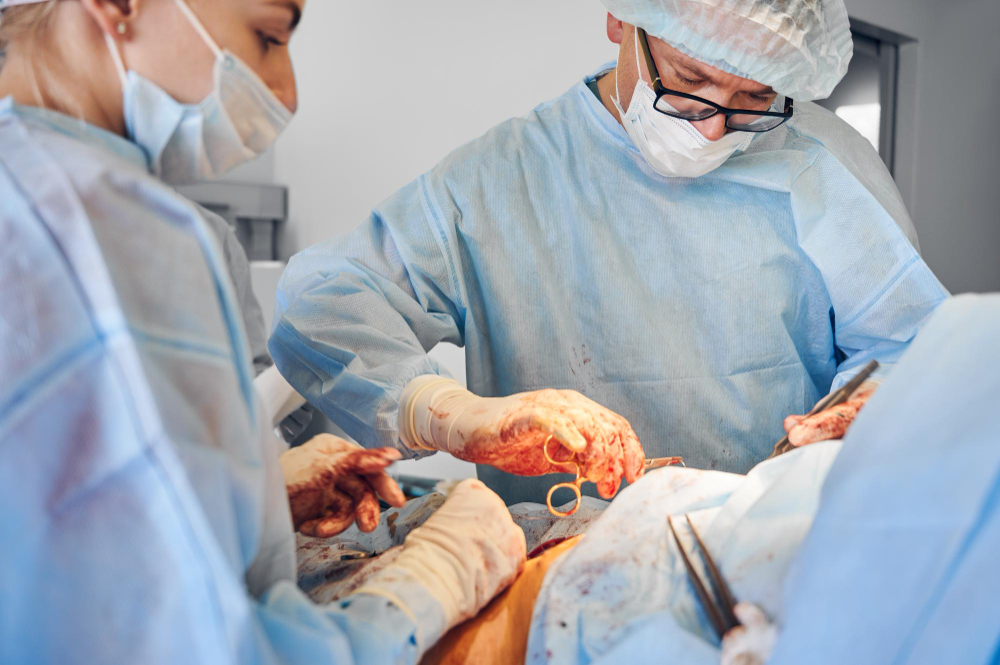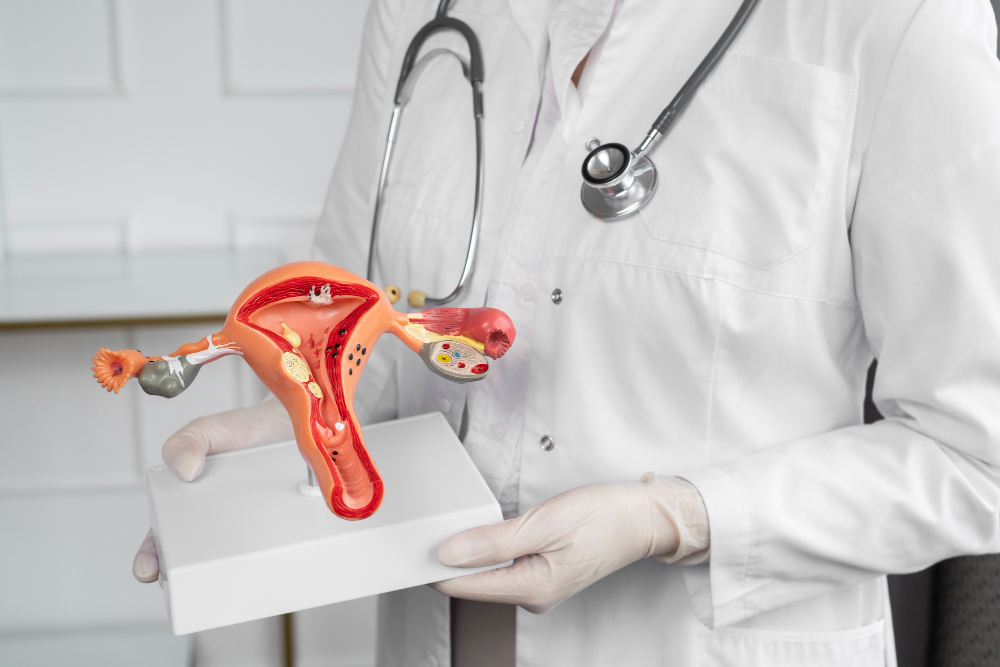
What is Hysteroscopic Surgery?
Hysteroscopic surgery is a minimally invasive surgical procedure used to diagnose and treat conditions affecting the uterus and cervix. It involves the use of a hysteroscope, a thin, flexible instrument with a camera and light source, which is inserted through the vagina and cervix into the uterus. Hysteroscopic surgery can be performed to remove polyps, fibroids, adhesions, or other abnormalities, as well as to perform procedures such as endometrial ablation or septum resection.
What are the Common Types of Hysteroscopic Surgery?
Common types of hysteroscopic surgery include:
- Polypectomy: Surgical removal of uterine polyps, which are noncancerous growths in the lining of the uterus.
- Myomectomy: Surgical removal of uterine fibroids, which are benign tumors that grow in the muscle layer of the uterus.
- Endometrial ablation: Surgical procedure to destroy the lining of the uterus, typically performed to treat heavy menstrual bleeding or abnormal uterine bleeding.
- Septum resection: Surgical correction of a uterine septum, a congenital condition where the uterus is divided by a wall of tissue.
- Adhesiolysis: Surgical removal of intrauterine adhesions, also known as Asherman's syndrome, which can cause infertility or menstrual irregularities.
How is Hysteroscopic Surgery Performed?
Hysteroscopic surgery is typically performed on an outpatient basis under local or general anesthesia. During the procedure, the hysteroscope is inserted into the uterus through the cervix, allowing the surgeon to visualize the uterine cavity on a monitor. Surgical instruments may be passed through the hysteroscope to remove or treat abnormal tissue or perform other necessary procedures. Minimally invasive techniques are used whenever possible to minimize discomfort, scarring, and recovery time.
Who is a Candidate for Hysteroscopic Surgery?
Women with certain gynecological conditions or symptoms may be candidates for hysteroscopic surgery. Common indications for hysteroscopic surgery include abnormal uterine bleeding, uterine polyps or fibroids, infertility, recurrent miscarriages, or congenital uterine abnormalities. A thorough evaluation by a healthcare provider is necessary to determine candidacy and discuss the potential risks and benefits of the procedure.
What is the Recovery Process Like After Hysteroscopic Surgery?
The recovery process after hysteroscopic surgery varies depending on the type and complexity of the procedure, as well as individual healing factors. Patients may experience some cramping, spotting, or vaginal discharge in the days following surgery. Pain medication, antibiotics, and restrictions on physical activity may be prescribed to promote healing. Most patients can resume normal activities within a few days to weeks after surgery, although full recovery may take longer.
What are the procedure after surgery?
Rest and Limit Activity : Avoid strenuous activities, heavy lifting, and vigorous exercise for the recommended period.
Keep the Area Clean : Gently clean the surgical area with water and mild soap as directed by your surgeon. Pat the area dry with a clean towel, and avoid rubbing or scrubbing.
Take Prescribed Medications : Take any prescribed pain medications, antibiotics, or other medications as instructed by your surgeon to manage pain and prevent infection.
Avoid Sexual Activity : Refrain from sexual intercourse and other sexual activities until your surgeon advises it is safe to do so. This typically takes several weeks to a month or more, depending on individual healing.
Wear Loose Clothing : Wear loose-fitting clothing, preferably cotton underwear, to minimize friction and promote airflow to the surgical area.
Attend Follow-Up Appointments : Keep all scheduled follow-up appointments with your surgeon to monitor your healing progress and address any concerns or complications promptly.
Avoid Tampons and Menstrual Cups : Refrain from using tampons and menstrual cups during your recovery period to prevent irritation and infection.
Stay Hydrated and Eat Nutritious Foods : Drink plenty of water and eat a balanced diet rich in vitamins and nutrients to support healing and boost your immune system.
Why Choose VMG Hospital for Hysteroscopic Surgery?
VMG Hospital in Hisar, Haryana, offers expert care and advanced treatment options for women requiring hysteroscopic surgery. Our team of experienced gynecologists and minimally invasive surgeons is dedicated to providing personalized care and optimal outcomes for each patient. With state-of-the-art facilities, cutting-edge technology, and a patient-centered approach, VMG Hospital is committed to delivering the highest quality of care and improving the lives of women with gynecological conditions.







